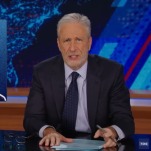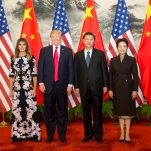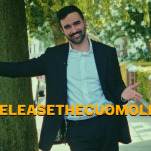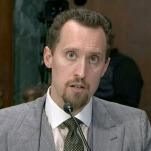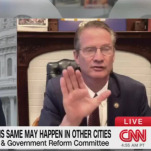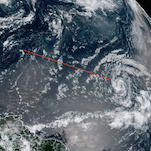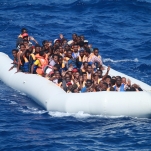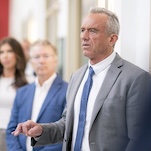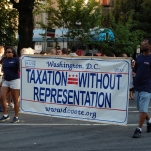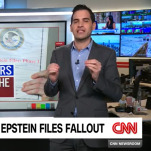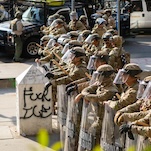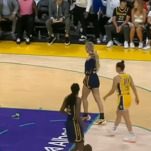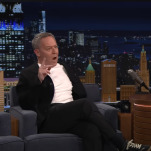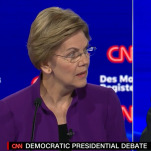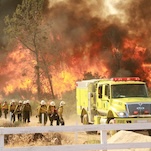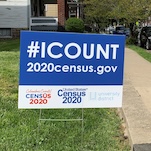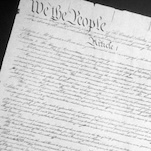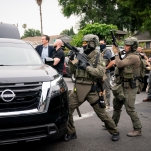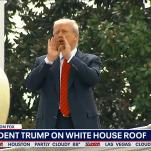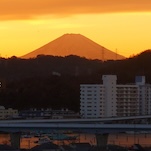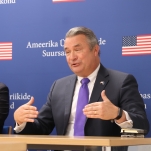For Real? Castro says he's game to talk human rights, press freedom at historic summit
PANAMA CITY — Presidents Obama and Castro took a huge step towards normalizing bilateral diplomatic relations today by meeting face-to-face for a private chat in Panama City, but urged patience as the two countries work together at their own pace to mend a difficult relationship that has been mostly hostile for more than 50 years.
The historic meeting —which began with a 12-minute interaction before a pool of reporters — marks the first time in 59 years that a U.S. president and a Cuban president have sat down together to talk face-to-face. Both leaders insisted that everything is on the table moving forward, and that they agree to disagree on certain issues, but not on lifting the U.S embargo — which remains Cuba’s priority moving forward, according to Cuban Foreign Minister Bruno Rodríguez.
“This is obviously a historic meeting,” Obama said to open the meeting. “The history between the United States and Cuba is obviously complicated. Over the years, a lot of mistrust has developed. But during the course of the last several months, there have been contacts between the U.S. and the Cuban governments.”
“I think that after 50 years of a policy that had not changed on the part of the United States, it was my belief that it was time to try something new,” Obama said, stressing the importance of engaging “more directly with the Cuban government and the Cuban people.”
Obama said the efforts to move forward are being celebrated in both countries, where the “majorities of the American people and the Cuban people respond positively to this chance.”
It’s the beginning of a new chapter of deeper connections between the two countries, including “more commerce and interactions” between the people, and “more positive and constructive relationship between our governments,” Obama said.
The meeting doesn’t, however, erase all past differences, Obama said.
“Obviously there are still going to be deep and significant differences between our two governments,” the U.S. president said. “We will continue to try to lift up concerns around democracy and human rights.”
Obama acknowledged that Cuba will raise its concerns too.
-

-

-

-

-

-

-

-

-

-

-

-

-

-

-

-

-

-

-

-

-

-

-

-

-

-

-

-

-

-

-

-

-

-

-

-

-

-

-

-

-

-

-

-

-

-

-

-

-

-

-

-

-

-

-

-

-

-

-

-

-

-

-

-

-

-

-

-

-

-

-

-

-

-

-

-

-

-

-

-

-

-

-

-

-

-

-

-

-

-

-

-

-

-

-

-

-

-

-

-

-

-

-

-

-

-

-

-















































































